If you’ve read Part One, you’ll know that there are different routes into opera depending on what stage your life is at! So, you’ve found yourself dreaming of being on the opera stage, singing the world’s most beautiful music, irresistibly drawn to the glamour and fame of the title ‘opera singer’, but you’ve never had a voice lesson in your life. Or perhaps you started out training as a singer at college, and life just had different ideas for you.
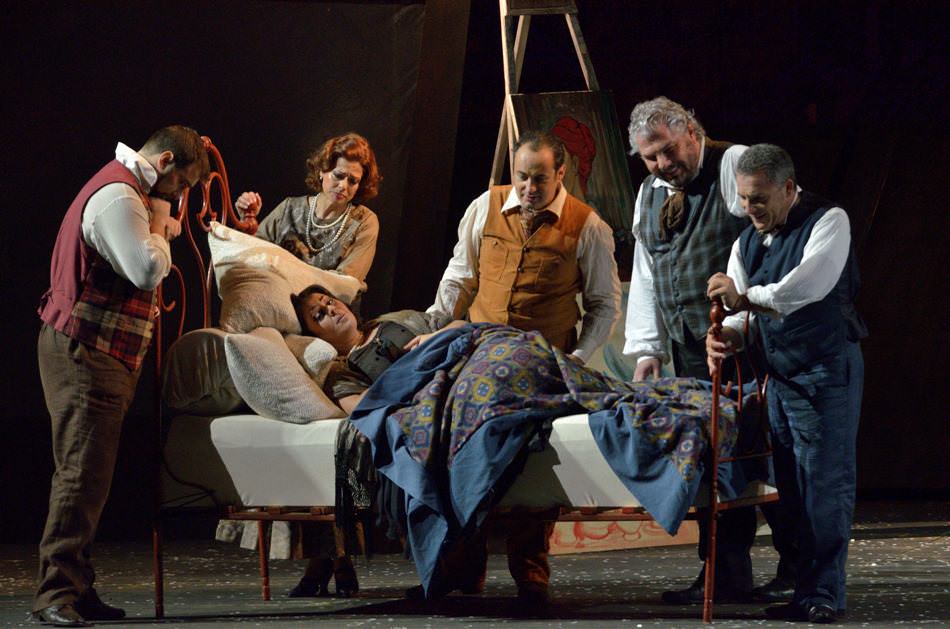
This guide is for those of you who have been out of college for a few years, and looks at how you might go about finding a career in opera, or incorporating it alongside what you already do.
Thirties and Forties
Many singers in their thirties and forties, who followed the standard college path, are stepping out into the title of ‘Emerging Artists’ with companies, starting to make headway in their career. This guide is not for them.
This guide is for those of you who are looking at stepping into opera for the first time. Maybe you’ve been working in a related field, you might be in acting or musical theater, you might be in arts administration. Or, you could be a construction worker, a pediatrician, a geography teacher, a parent, a social worker, a marine biologist, or just be wherever your path has taken you. That’s absolutely fine.
There are singers who have started in their thirties and forties and gone on to have successful careers. Your life experience will make you a better performer, and give you really important things to say through your music, and that is something that cannot be taught at college.
Start by getting yourself an experienced singing teacher, and seeing what is possible for your voice. Keep in mind that developing the voice happens over months and years, of dedicated practice. Fitting practice in around your work and family commitments might seem challenging, but it is possible.
As at every stage, it is never too late to learn languages and take up yoga or dance classes. If you don’t already play the piano or read music, prioritize these things alongside your singing lessons as you will need to be able to learn your notes outside of your lessons, and you should not rely on listening to recordings to do this.
When you and your teacher agree that your voice is ready, look into where you might be able to get other opinions on your voice, and your options. See if there are any short courses you might be able to attend where you can sing scenes and excerpts from operas in performance, or work with important coaches who can advise you on where to continue training and what roles are suitable for you. Again, look into singing chorus or small roles with your local amateur group to gain stage experience.
It is so important to be realistic about what fits into your time and your budget at this stage, and this will be unique to your situation. Be patient with yourself: you are not too late to do what you love, but your path may just look a little different to some others.
Beyond: coming from another career
The same as there are singers who started in their thirties and forties, there are also those who started in their fifties and sixties, and in their retirement. It is not the norm, but it is perfectly possible to have a professional career at this stage. The reality is that singers who have done this tend to be lower voices, most often baritones or basses, and most of them have been singing in some way or other for a while, and find themselves in a ‘right-place-right-time’ situation.
Basses often get to play the older characters like kings, high priests, and ghosts. Check out these great roles for bass voices:
King Philippe in Verdi’s Don Carlos
But you can absolutely start singing opera at this stage and following your passion for this music. If you have never done so before, start taking some lessons to see what is possible for you. Look into teachers and coaches, who have a proven record of working with mature beginners, and be patient with yourself, and open to change and development.
To really start performing opera, join your local amateur operatic society. If there isn’t one, why not look into starting one with any like-minded singers you can find locally. Join together to learn an opera that suits the people you find, and share the cost of a pianist who can accompany you. When you’re ready – put on a show! Where you take it from here is up to your imagination.
The reality
You really can get into opera at any stage of your life. The thing to consider is the difference between singing opera for your own enjoyment, or taking up an incredibly difficult and competitive career. Of the people who enter the profession, regardless of the sacrifices they make, only the top few percent of singers make it into the big time. Others have incredibly successful careers at regional levels, and many others combine a performing career with working in other related fields. Whichever path you follow, your life will be richer for the journey, and all the other skills you will have picked up along the way.
My advice right now, if you’re thinking of getting into opera, is to write down what brought you here to this blog post today and keep it somewhere safe. When things get difficult, or when your development requires great patience, go back to this and remember what you absolutely love about opera. Recall that magical moment that got it into your blood and your soul, and that voice inside that told you that you absolutely have to sing opera, and you will find your way.



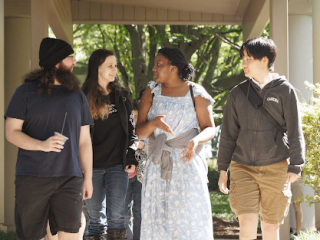
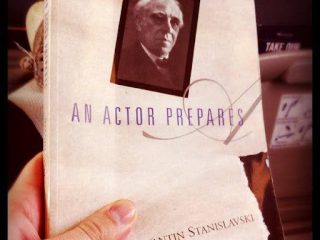
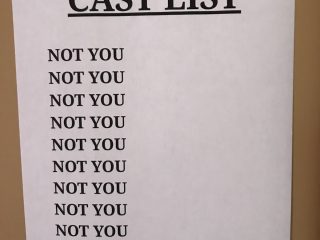

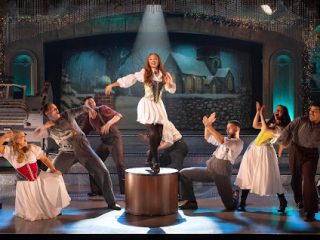







1 comment
I came here because I am frustrated. I am 54 years old and I have been singing all my life. O recently started classical opera training and I love it and I am good at it. I would like to advance somewhere but so much training is for younger people. I would like to advance but don’t know where to start. Hence, I am looking for a program.